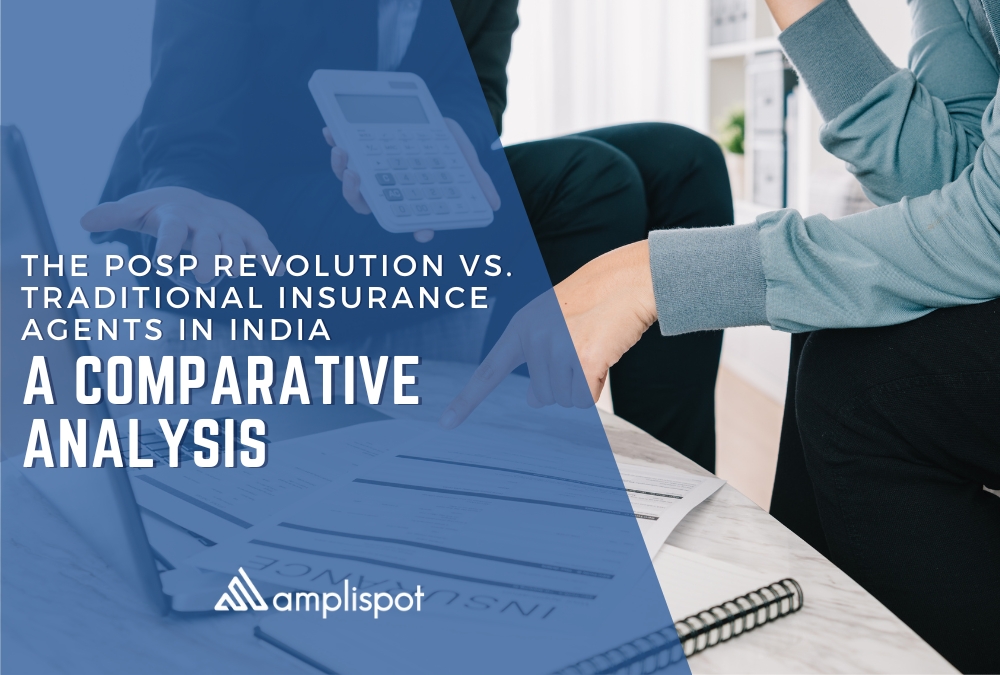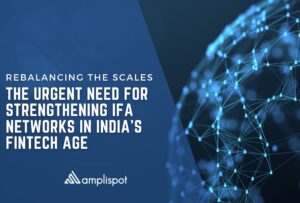In India’s vibrant and diverse insurance industry, the emergence of Points of Sale Persons (PoSPs) has brought about a pivotal change. However, even as this trend gains momentum, traditional insurance agents’ enduring relevance and potential resilience must be considered. To add depth and perspective to this discussion, let’s infuse some key statistics and factual data about the insurance penetration in India.
Understanding the Current State of Insurance Penetration in India
As per recent reports, India’s insurance penetration — calculated as a percentage of GDP to insurance premiums — stood at 4.2% in 2022, which, while showing growth over the years, still indicates a vast potential market yet to be tapped. The life insurance industry, in particular, has a penetration of 3.2% as of 2022, compared to a global average of 3.35%, showcasing the untapped potential in this sector.
The Strength of Traditional Insurance Agents Amidst Growing Digitization
Despite the digital wave, traditional insurance agents continue to play a crucial role, especially in penetrating rural and semi-urban areas, where about 64.13% of India’s population resides. With their in-depth knowledge and personalized approach, these agents are instrumental in reaching out to a population that still values face-to-face interactions and trusts human advice over digital interfaces.
PoSPs: A Digital Foray into Insurance
On the other hand, PoSPs, riding the digital wave, have made significant inroads, especially in urban areas where digital literacy is higher. They offer ease and convenience but cater primarily to straightforward, standardized products. While they have expanded the reach of insurance services, their scope remains limited compared to the diverse offerings managed by traditional agents.

The Shift Towards Traditional Agency
Considering the vast untapped market in India’s insurance sector, many PoSPs may find a more fulfilling and impactful career transitioning to traditional insurance agents. This shift can enable them to offer a broader range of products and cater to more complex customer needs, thus tapping into a more significant market segment.
The Strategic Advantage for Brands in Supporting Traditional Agents
For insurance brands, the numbers make a compelling case for investing in traditional agents:
- Enhanced Market Penetration: With India’s insurance penetration still below the global average, the personalized approach of traditional agents can be vital in reaching out to new segments, especially in underserved areas.
- Building Long-term Relationships: Traditional agents excel in relationship building, a crucial aspect in a country where financial products are often sold based on trust and long-standing relationships.
- Tapping into Diverse Needs: India’s diverse financial landscape requires a varied product offering, which traditional agents are well-equipped to handle.
- Client Retention and Brand Loyalty: The personal touch of traditional agents leads to higher client retention and brand loyalty, which is vital in a competitive market.
Conclusion
A Balanced Approach for a Robust Future
The Indian insurance sector stands at a crossroads where the digital prowess of PoSPs meets the relational strength of traditional agents. For a robust future, insurance companies need to adopt a balanced approach that leverages the technological agility of PoSPs while also strengthening the deep-rooted network of traditional agents. This harmonious blend can be the key to unlocking the full potential of India’s insurance market, ensuring comprehensive coverage across diverse demographics and geographies.
In this rapidly evolving landscape, recognizing and investing in the unique strengths of traditional agents could be the strategic edge insurance brands need to achieve unprecedented growth and penetration in the Indian market.






